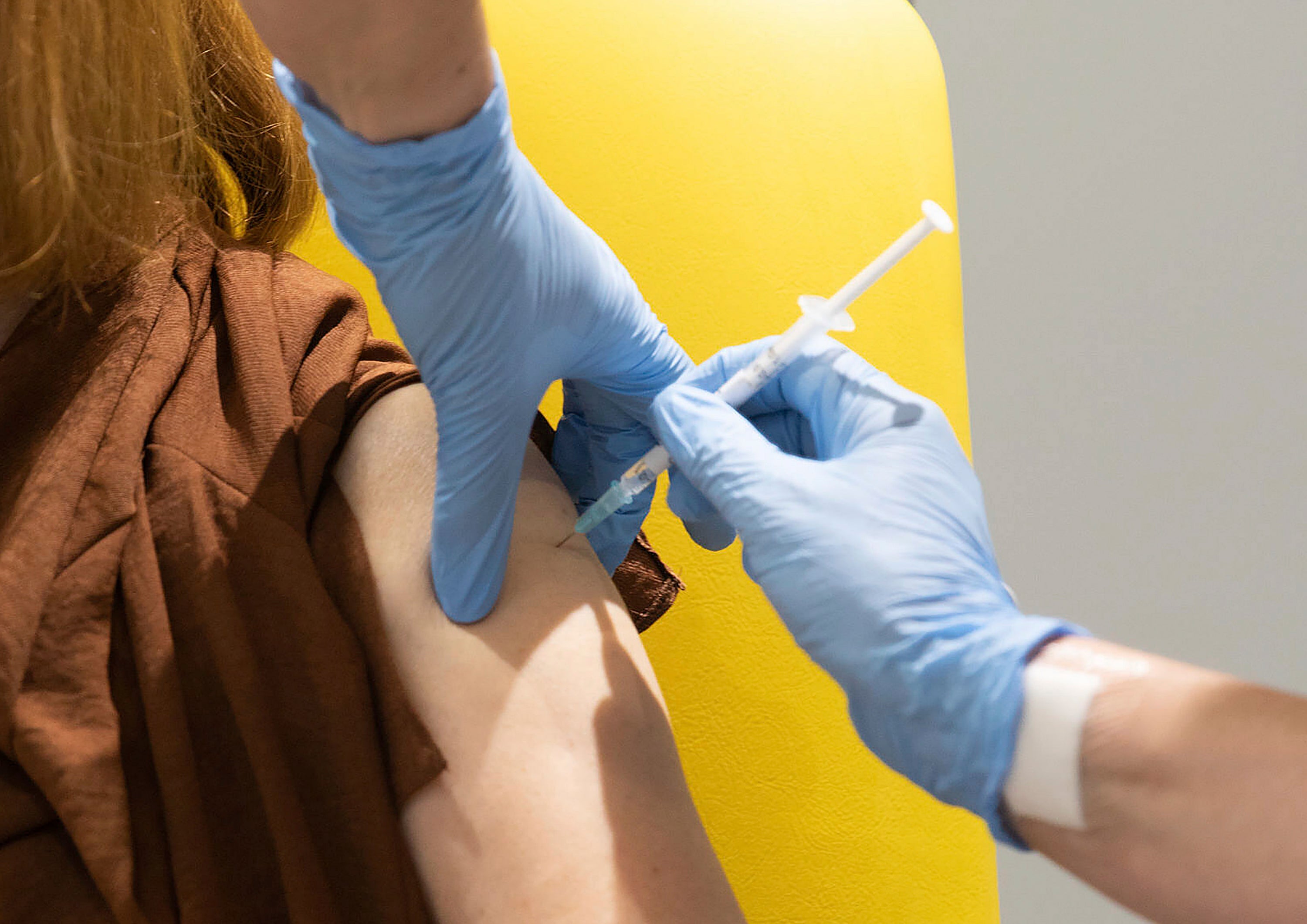Studies suggest AstraZeneca COVID-19 vaccine safe, effective
New results on a possible COVID-19 vaccine from Oxford University and drugmaker AstraZeneca suggest it is safe and about 70% effective

Your support helps us to tell the story
From reproductive rights to climate change to Big Tech, The Independent is on the ground when the story is developing. Whether it's investigating the financials of Elon Musk's pro-Trump PAC or producing our latest documentary, 'The A Word', which shines a light on the American women fighting for reproductive rights, we know how important it is to parse out the facts from the messaging.
At such a critical moment in US history, we need reporters on the ground. Your donation allows us to keep sending journalists to speak to both sides of the story.
The Independent is trusted by Americans across the entire political spectrum. And unlike many other quality news outlets, we choose not to lock Americans out of our reporting and analysis with paywalls. We believe quality journalism should be available to everyone, paid for by those who can afford it.
Your support makes all the difference.New results on a possible COVID-19 vaccine from Oxford University and AstraZeneca suggest it is safe and about 70% effective, but questions remain about how well it may help protect those over 55 — a key concern for a vaccine that health officials hope to rely on around the world because of its low cost availability and ease of use.
Still, experts say the vaccine seems likely to be approved, despite some confusion in the results and lower levels of protection than what other vaccine candidates have shown.
“What we can see looks reasonable, but it’s a bit more complicated than what we’ve seen so far,” said Dr. Buddy Creech, a Vanderbilt University researcher helping to test two other vaccines. “If this had been the first report out, the field would have still been excited to have a vaccine.”
The medical journal Lancet on Tuesday published partial results from tests of the vaccine in the United Kingdom, Brazil and South Africa — safety results on 23,745 participants and protection levels on 11,636.
They’re hard to interpret because a mistake led some participants to get a half dose followed by a full one rather than two full doses as intended.
Researchers claim the vaccine protected against disease in 62% of those given two full doses and in 90% of those initially given the half dose. However, independent experts have said the second group was too small — 2,741 people — to judge the possible value of that approach and that more testing is needed.
The half-dose group also didn’t include anyone over 55, and among others in the study, only about 20% were in that age group.
It’s unclear if the results will be enough to lead regulators in the United Kingdom and elsewhere to approve its use right away.
“We have no safety concerns about the vaccine,” with no hospitalizations or severe disease among those who received it, and results from all study locations consistently showing benefit, said one study leader, Oxford’s Andrew Pollard.
“The only way we get the pandemic behind us is if we get doses of vaccine out there,” he said.
AstraZeneca’s Mene Pangalos called the results “very compelling" and said they "clearly show we have an effective vaccine” that meets criteria for approval around the world. “I really believe this vaccine will have a big impact on the pandemic,” he said.
___
Associated Press writers Maria Cheng and Danica Kirka in London contributed to this report.
The Associated Press Health and Science Department receives support from the Howard Hughes Medical Institute’s Department of Science Education. The AP is solely responsible for all content.